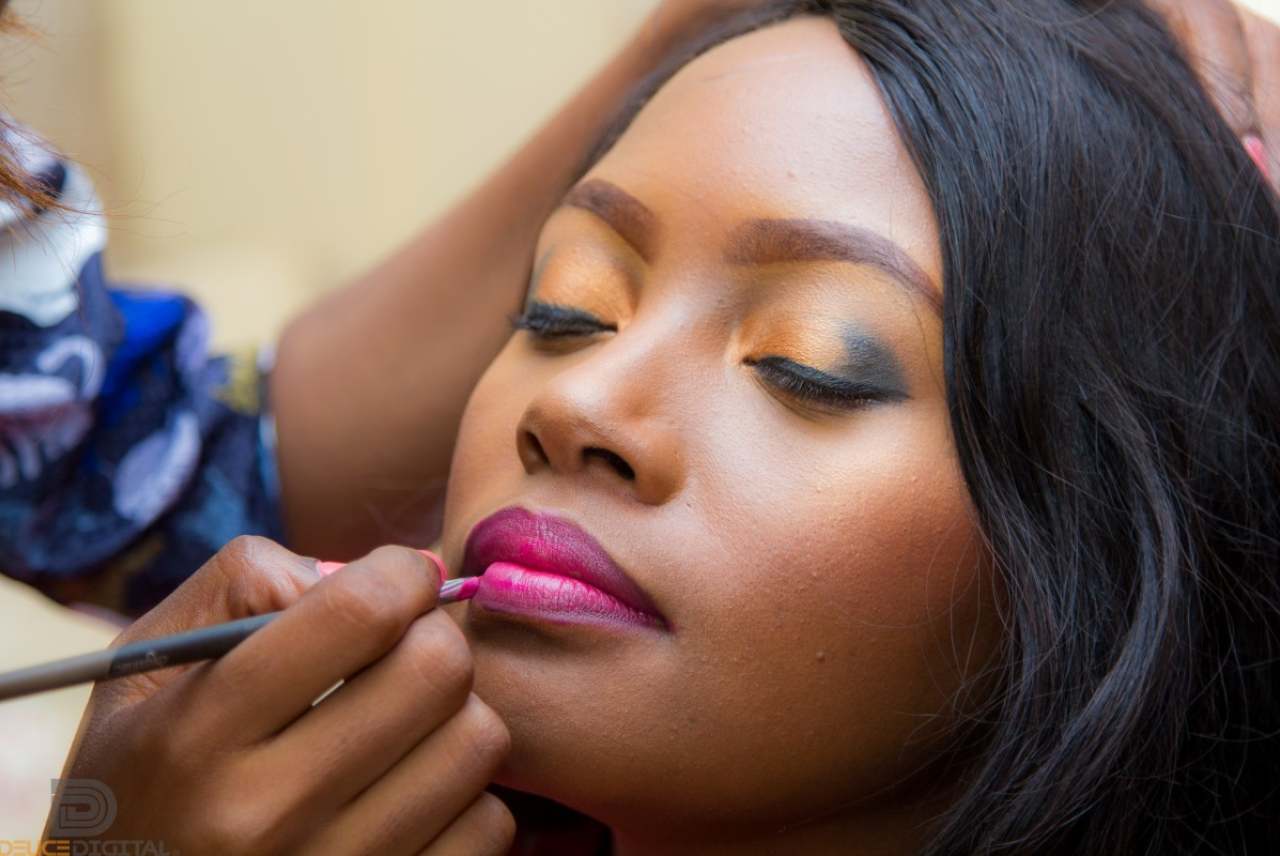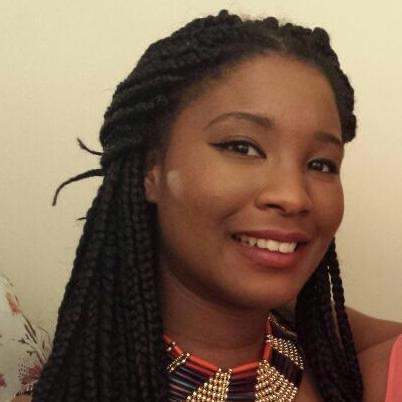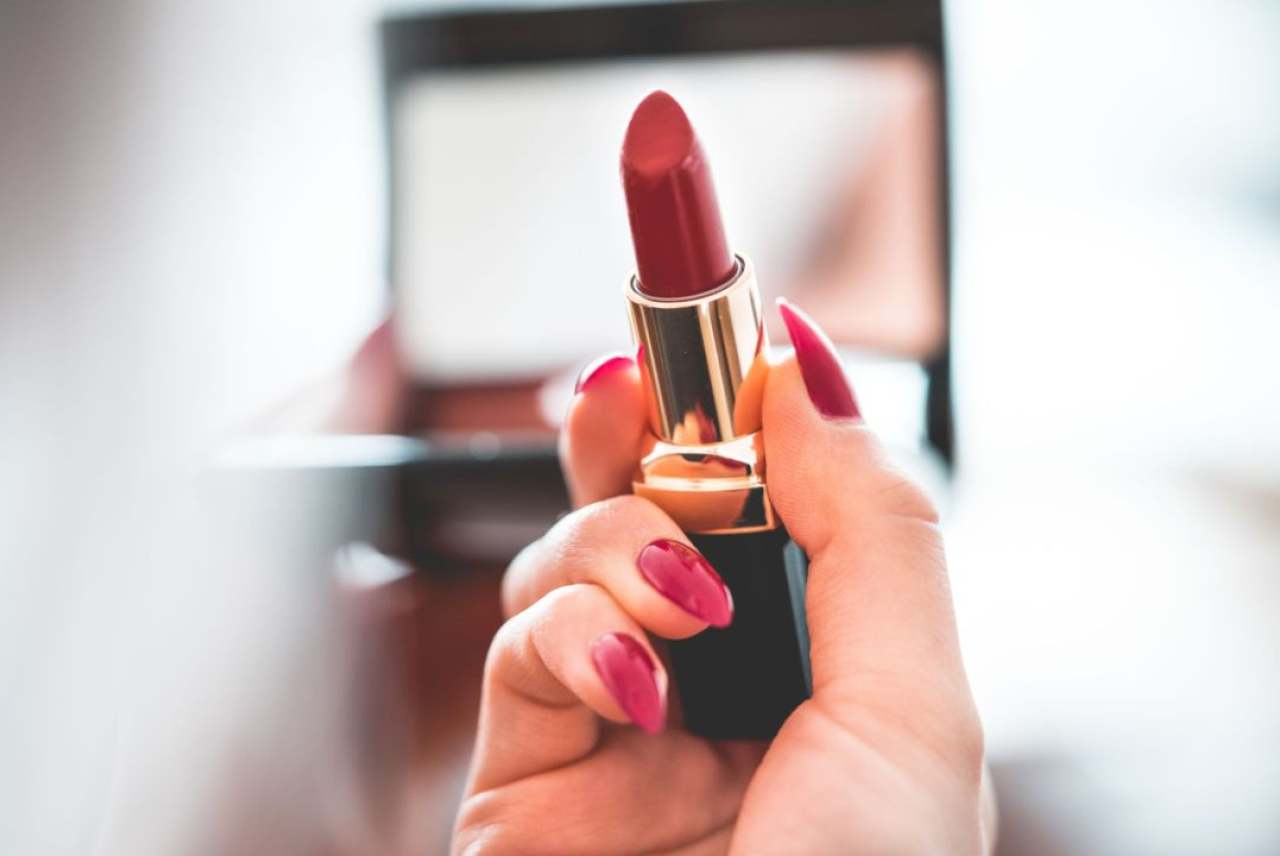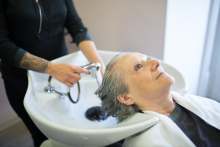Makeup brands in the UK have historically failed to adequately cater to the diversity of skin tone of the population. We viewed the websites of each brand in the makeup guide and looked at the range of skin shades available for foundation. This wasn’t formally incorporated into our current rating system for companies but was an important issue to highlight.
We looked at each brand’s products for range and whether there were models used for each shade, to help with matching skin tone rather than looking at a square of colour. Out of 49 brands, 26 had a good range of shades for darker skin.
Bourjois only referred to “tanned skin”. One brand, Vichy, even used a photo of a white-skinned model with a spot of its darkest brown foundation on her white skin.
Some of the brands, including the majority of the more ethical options like Beauty Without Cruelty, Dr Hauschka, Green People, Lavera, and PHB Ethical Beauty offered very little or nothing at all for dark skin tones.
Brands with a good range of skin shades were: 17, Avon, Bareminerals, Benefit, Bobbi Brown, Body Shop, Cover Girl, Dior, Elizabeth Arden, Estée Lauder, Fenty, KVD Vegan Beauty, Kylie Cosmetics, Lancôme, L’Oreal, Lush, Make Up For Ever, Maybelline, NARS, NYX, Rimmel, Shiseido, Sleek MakeUP, Too Faced, Uoma, and Urban Decay all had a good range across skin shades.
For the full table of brands and their range of foundation, go to our makeup guide and scroll to the section on makeup for Black, Asian and Latinx skin.






